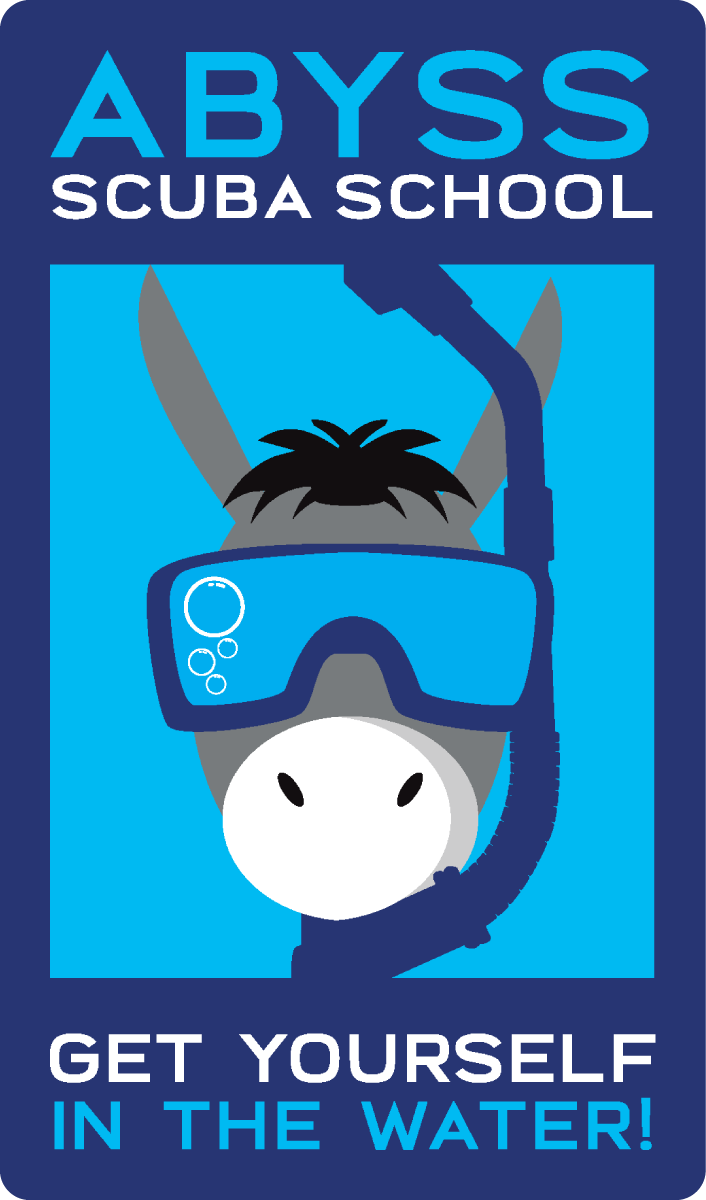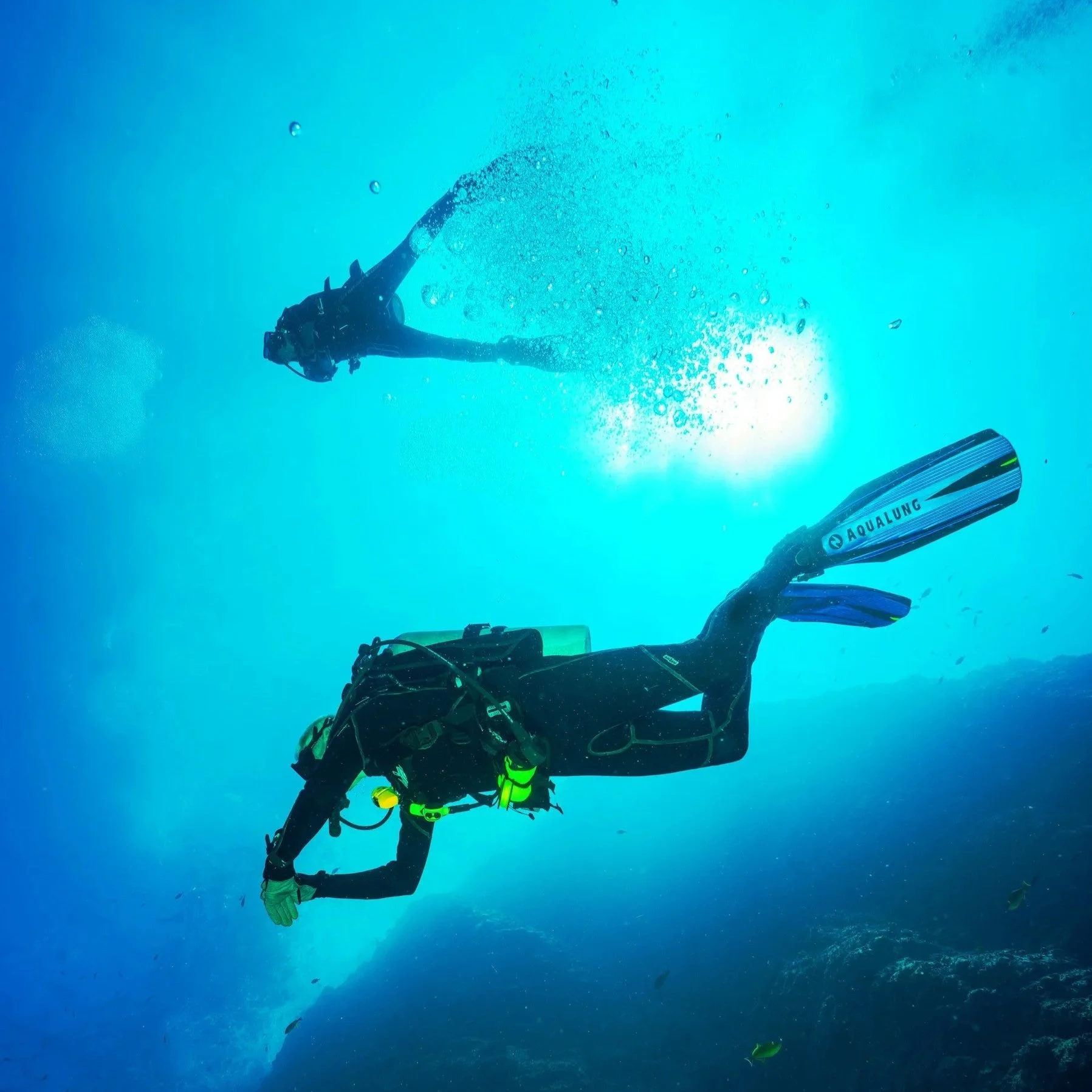Diving with Diabetes: Yes, You Can Dive Safely
For a long time, having diabetes meant scuba diving was strictly off-limits. But times have changed — and that’s great news for thousands of people with diabetes who want to explore the underwater world.
Today, thanks to research by the Undersea and Hyperbaric Medicine Society (UHMS) and Divers Alert Network (DAN), and evolving medical understanding, divers with well-managed diabetes can safely enjoy recreational scuba diving with the right precautions.
At Abyss Scuba School, we believe diving should be inclusive, and with the correct medical guidance and dive planning, diabetes doesn’t have to hold you back from bubbles, wrecks, and underwater adventures. 🌊🤿
🌟 The New Reality: Diving with Diabetes
Back in the day, diabetes was considered an automatic “no” for diving. But in 2005, UHMS and DAN co-sponsored a workshop called “Diabetes and Recreational Diving: Guidelines for the Future.”
The result? A new set of medical guidelines that relaxed the old restrictions and provided a clear, safe pathway for people with insulin- or tablet-controlled diabetes to dive — as long as they meet specific criteria.
These are guidelines, not hard rules, and are meant to help divers and their doctors make safe, informed decisions together.
🩺 Basic Eligibility & Medical Review
To dive safely with diabetes, divers must work closely with their GP or diabetologist and, ideally, a diving medicine specialist. Here are some of the key medical recommendations:
✅ Age: 18+ (16+ if in special programmes)
⏳ Stability: No significant hypoglycaemic or hyperglycaemic events in at least 12 months
💉 Treatment:
3 months stable on oral medication before diving
1 year stable on insulin before diving
📊 HbA1c: 9% or lower (checked within 1 month of assessment and annually)
❤️ Cardiac check: Anyone over 40 should be screened for silent ischaemia (heart issues with no symptoms).
🧠 Education: Divers must understand their condition, the effects of exercise, and how diving can affect blood sugar.
This isn’t about gatekeeping — it’s about making sure every diver is safe underwater.
🫧 Scope of Diving: Smart Planning Keeps It Fun
Divers with diabetes are encouraged to plan dives with a “safety first” mindset. That means:
Maximum depth of 30 m / 100 ft
Dive times under 60 minutes
Avoiding overhead environments like wreck penetrations or caves
Skipping compulsory decompression dives
Being extra cautious in cold water or during long, strenuous dives that can affect blood sugar
💡 At Abyss Scuba School, we can help plan diabetes-friendly dive itineraries — whether it’s a gentle training dive in our heated pool or a relaxed shore dive at Bognor Beach.
🩸 Managing Glucose Before and After the Dive
One of the most important parts of diving with diabetes is glucose management on the day of the dive. Here’s what the guidelines recommend:
Check blood sugar three times before diving (60 min, 30 min, and immediately before the dive).
Only dive if blood glucose is 150 mg/dL (8.3 mmol/L) or higher and stable or rising.
Don’t dive if blood glucose is:
❌ Below 150 mg/dL (8.3 mmol/L)
❌ Above 300 mg/dL (16.7 mmol/L)
Carry oral glucose (like tablets or gel) during the dive.
Keep glucagon available at the surface for emergencies.
Check blood sugar frequently for up to 12–15 hours after the dive.
Log everything in your dive and diabetes logbook.
If hypoglycaemia is suspected underwater:
Ascend with your buddy.
Establish positive buoyancy.
Take glucose at the surface.
End the dive.
🤝 Buddy System: Communication Is Key
Diving is always a team activity — and even more so when diabetes is in the mix.
Your buddy or dive leader should always know about your condition and what to do if something goes wrong.
Your buddy should not also have diabetes.
Pre-dive briefings should include what steps to take if you need help.
Pack extra snacks, glucose tabs, and water in your dive bag.
🌊 We encourage divers with diabetes to train and buddy up in a supportive environment like ours, where everyone understands the importance of preparation.
🐠 Why Autumn & Winter Are a Great Time to Start
Many people think diving is only a summer activity — but with our heated pool, autumn and winter are ideal for learning safely and building confidence. You can complete your PADI Open Water or Discover Scuba Diving course in comfort, while you and your instructor fine-tune your dive plan to suit your medical needs.
By spring, you’ll be ready to hit the sea or even book that warm-water holiday — safely and confidently.
🏅 Final Thoughts: Diving with Diabetes Is 100% Possible
Diving with diabetes requires preparation — but it’s absolutely doable. Many divers around the world dive regularly and safely with diabetes.
The keys to success are:
✅ Good communication with your medical team
✅ Careful planning and blood sugar management
✅ Choosing the right dive centre and environment
✅ Listening to your body and diving smart
At Abyss Scuba School, we pride ourselves on creating an inclusive, safe, and supportive environment for all divers. Whether you’re brand new or getting back into diving, our team is here to support you every step of the way.
👉 Contact us to talk with our team about learning to dive with diabetes, book a pool session, or plan your next UK dive adventure.
📍 Littlehampton Marina — the warmest welcome to UK diving.




